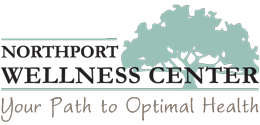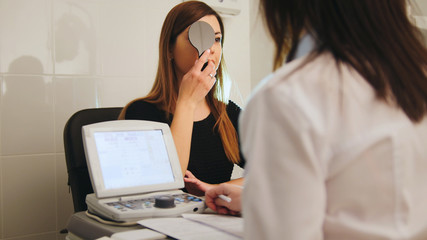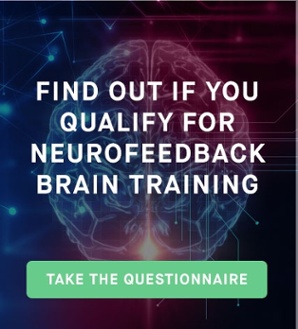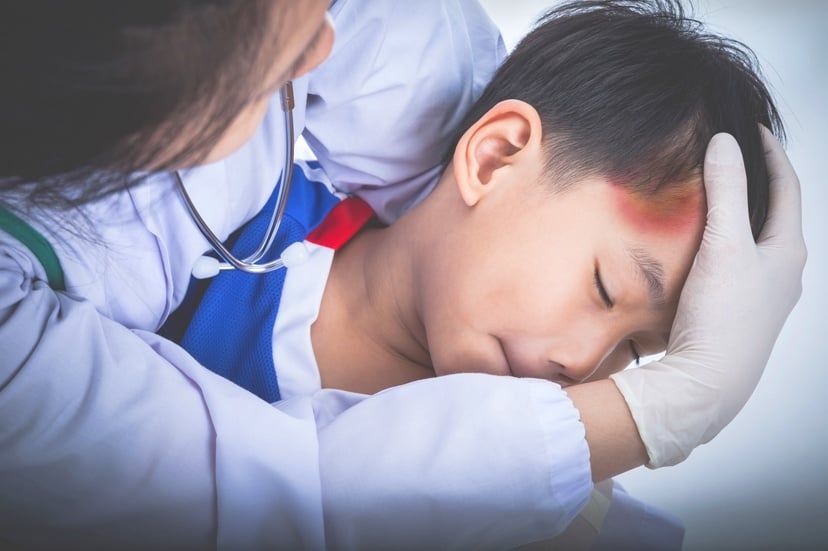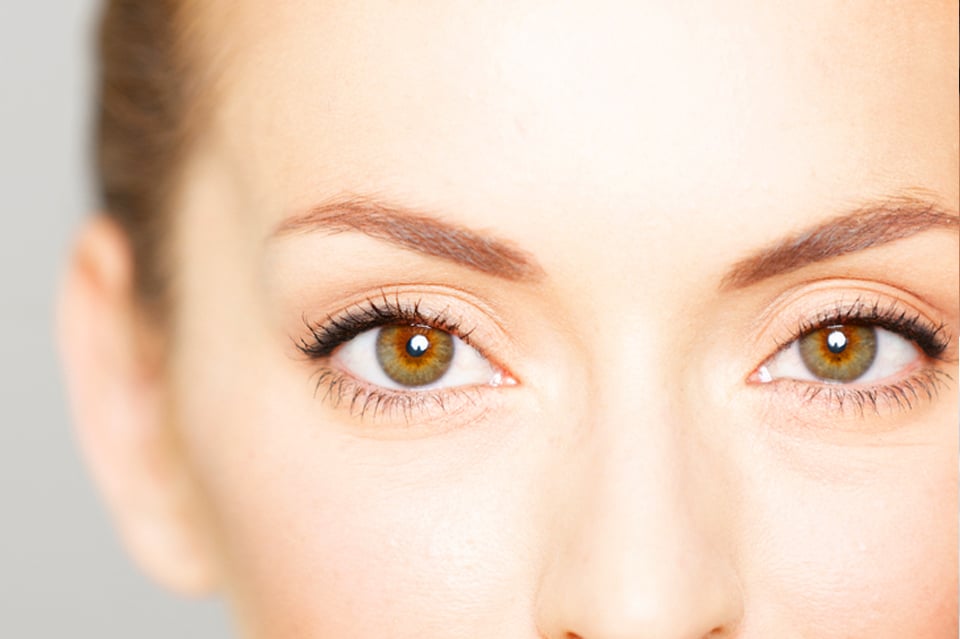
Your eyes are your windows to the world. If you suffer from poor vision or a complication associated with poor vision, your daily way of life and health may be negatively impacted. Vision therapy helps to develop or improve visual skills and abilities, enhance visual comfort and efficiency, and change interpretation of visual information. It uses exercises and tools to teach the brain new behaviors and experiences, enabling the creation of new neural pathways.
To create an image, nerve cells send and receive electrical signals to and from sensory neurons. Throughout life, these networks continually build and reinforce themselves in response to new experiences. Although the amount of neurons and cells can’t increase, the connections between them can. Boosting the frequency of exercises develops and strengthens new networks.
What can vision therapy treat?
Also known as neuro visual therapy or visual rehabilitation, vision therapy helps improve binocular function, boost visual processing and perception, and prevent or correct nearsightedness.
Neuro visual therapy can be used to treat:
Binocular Visual Dysfunction
A rare condition, the most common symptoms consist of headaches behind the eyes, near the temples, or around the frontal lobe; sensitivity to light; neck pain; trouble sleeping; and dizziness. Others include difficulty breathing and learning, double vision, and trouble adapting to new glasses.
Traumatic Brain Injury (TBI) & Concussion
A TBI can cause blurry vision, sensitivity to light, reading difficulties, headaches, peripheral vision loss, double vision, and trouble with eye movements.
Amblyopia (Lazy Eye)
A lazy eye wanders inward or outward, appears to not work with the other eye, has poor depth perception, or experiences consistent squinting or shutting.
Strabismus (Crossed Eye)
Headache, eye strain, decreased depth perception, and double and impaired vision are common in those with crossed eyes.
Ocular Motility Dysfunction
Those experiencing this condition move their head excessively when reading, have difficulty paying attention, and have trouble with balance and depth perception.
Convergence Insufficiency
This disorder is characterized by eye strain, headaches, blurred or double vision, inability to concentrate, short attention span, and loss of place.
Myopia
If you have myopia, also known as nearsightedness, you’ll experience headaches, eye strain, and squinting.
Learning-Related Vision Problems
Symptoms can include blurred or double vision, headaches, eye strain, crossed eyes, and avoidance of reading.
Stress-Related Vision Problems
Blurry vision, eye twitching, headaches, watery or dry eyes, dizziness, strain, sensitivity to light, or eye spasms can indicate stress-related vision problems.
What does a vision therapy program entail?
A program typically includes reinforcement exercises and the use of lenses, prisms, filters, patches, electronic targets or balance boards throughout several weeks or months. These are generally completed under supervision in the physician's office once or twice per week for 30 minutes to one hour. Sometimes, an optometrist will ask a patient to perform more exercises at home, in between visits. Each plan is customized based upon a patient’s needs. Boosting the frequency of exercises develops and strengthens new networks.
Vision Therapy with the Neuro Visual Center of New York
Northport Wellness Center Wellness Alliance Member, Neuro Visual Center of New York specializes in complex eyeglass prescriptions, comprehensive optometric eye exams, neuro visual evaluations, contact lens evaluations, and binocular vision evaluations for children with attention-deficit/ hyperactivity disorder (ADHD), attention-deficit disorder (ADD), and other learning difficulties.
Dr. Cheryl Berger Israeloff, OD, is one of the few optometrists in America to have been trained by Dr. Debby Feinburg of Vision Specialists of Michigan to treat both types of binocular visual dysfunction, vertical heterophoria and superior oblique palsy, and the only optometrist in New York with this specialized training.
The Neuro Visual Center of New York is located at 300 Garden City Plaza #404, Garden City, NY 11530. For more information, call (516) 224-4888. Follow them on Facebook, Twitter or LinkedIn.
